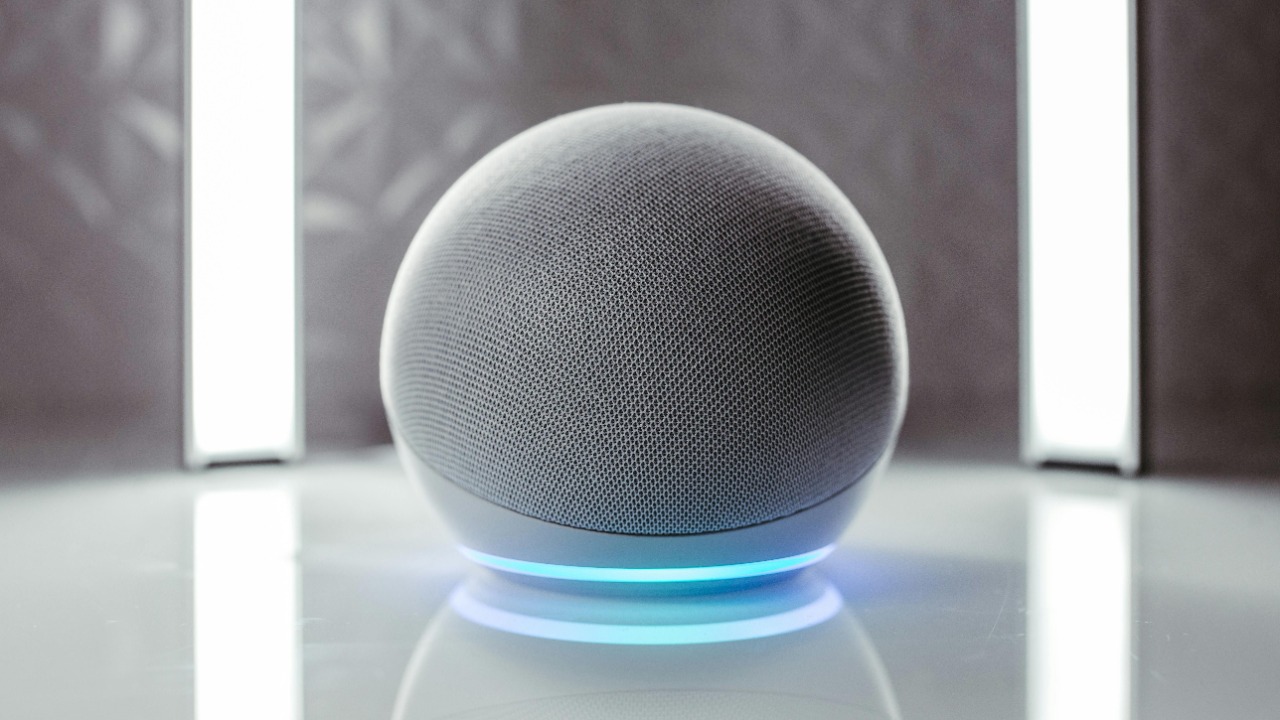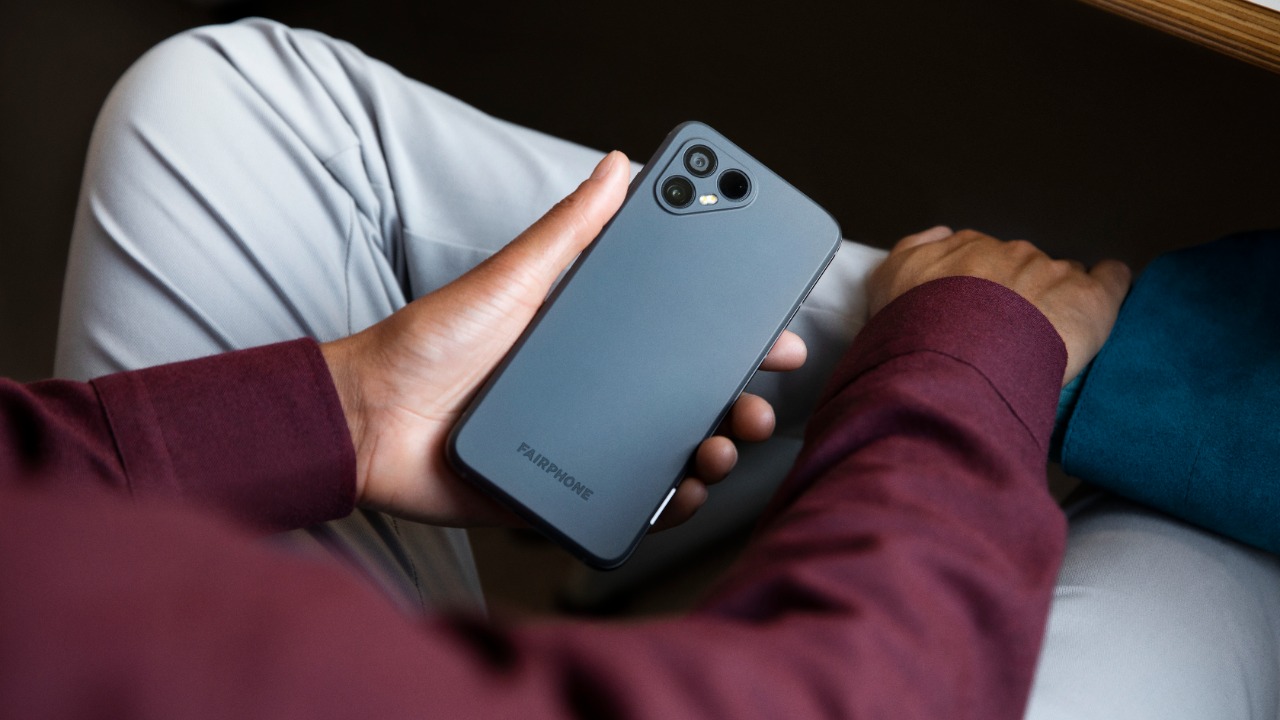
Technology is always evolving, and each year brings a new set of trends. However, not all trends last forever. This year, several once-popular tech trends are seeing a decline. Here’s a closer look at seven tech trends that are losing their shine.
1. The Decline of Cryptocurrency Hype

The cryptocurrency boom that once gripped the world is beginning to wane. With increasing regulatory scrutiny and market volatility, many investors are pulling back. The initial excitement surrounding digital currencies is being tempered by concerns over security, environmental impact, and practical utility.
While Bitcoin and other cryptocurrencies are still around, the days of explosive growth and pervasive hype appear to be over. The decline is prompting many to reconsider the role of digital currencies in future financial systems.
2. The Fall of Traditional Cable TV

Traditional cable TV subscriptions are plummeting as streaming services continue to dominate the entertainment landscape. With platforms like Netflix, Amazon Prime, and Disney+ offering on-demand content at competitive prices, the appeal of cable TV is fading fast. The shift is not only about cost but also about convenience and viewer preferences for personalized content.
As more consumers cut the cord, cable TV providers are struggling to adapt to the digital age.
3. The Slowdown of Wearable Fitness Tracker Adoption

Once considered revolutionary, wearable fitness trackers are experiencing a slowdown in adoption. As the market becomes saturated and users question the long-term value of these devices, sales are dipping.
Many users are finding that smartphones and other multipurpose devices meet their needs without the need for an additional gadget. Moreover, the novelty of tracking steps and heart rates has worn off for many, leading to a decline in interest and usage.
4. The Waning Popularity of Voice-Activated Assistants

Voice-activated assistants like Alexa and Google Assistant were once seen as the future of smart home technology. However, their popularity is waning as users encounter limitations regarding functionality and privacy concerns. Many users are finding that these assistants offer little beyond basic tasks and are wary of the constant data collection.
This skepticism is causing a shift away from voice tech, as consumers seek more secure and versatile technology options.
5. The Reduction in Demand for 3D Printing

3D printing was heralded as a technology that would revolutionize manufacturing and home crafting. Yet, the promised transformation has not materialized. The demand for 3D printing is declining as consumers realize the technology’s limitations in speed, material, and complexity.
While 3D printing remains a valuable tool for prototyping and specific industries, its initial allure as a widespread household technology is dwindling. The technology is now finding a more niche market.
6. The Retreat from Virtual Reality in Gaming

Virtual Reality (VR) was once the most talked-about advancement in gaming. However, the technology hasn’t captured the mainstream gaming audience as expected. High costs, hardware requirements, and a lack of compelling content have hindered widespread adoption.
As a result, many gaming companies are shifting their focus to more accessible technologies like augmented reality (AR) and cloud gaming, leaving VR to a more specialized audience.
7. The End of the Smartphone Innovation Race

Smartphone innovation has reached a plateau. As consumers hold onto their devices longer, manufacturers are finding it challenging to introduce groundbreaking features that drive sales. The focus has shifted from hardware innovations to software and ecosystem improvements.
The once-fervent race to release the next big thing in smartphones is cooling down, with companies now prioritizing sustainability and incremental enhancements over radical changes.